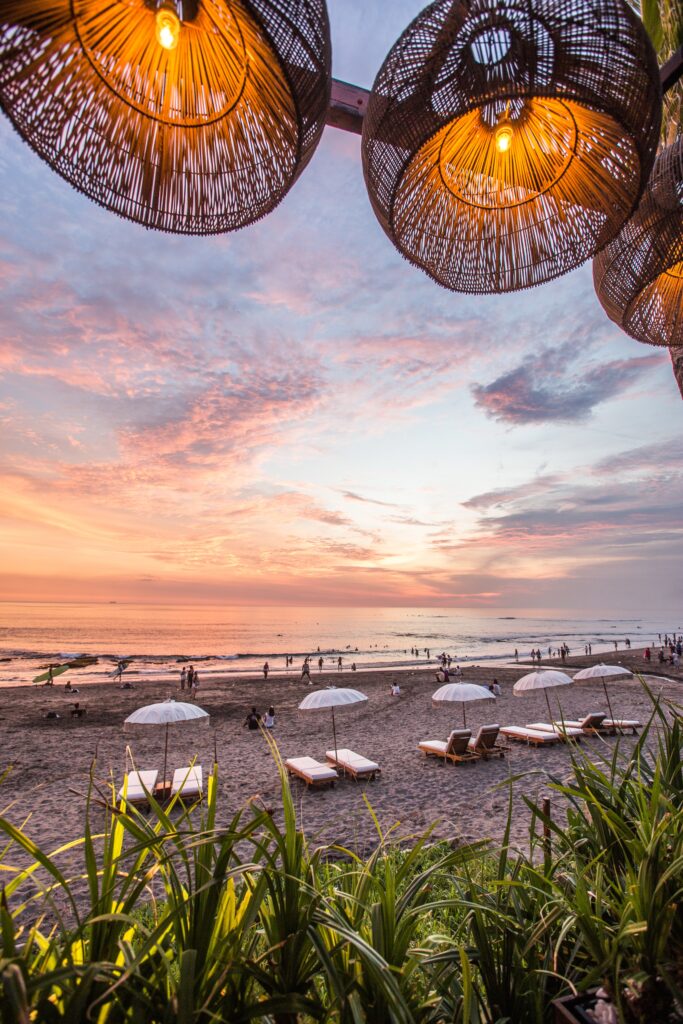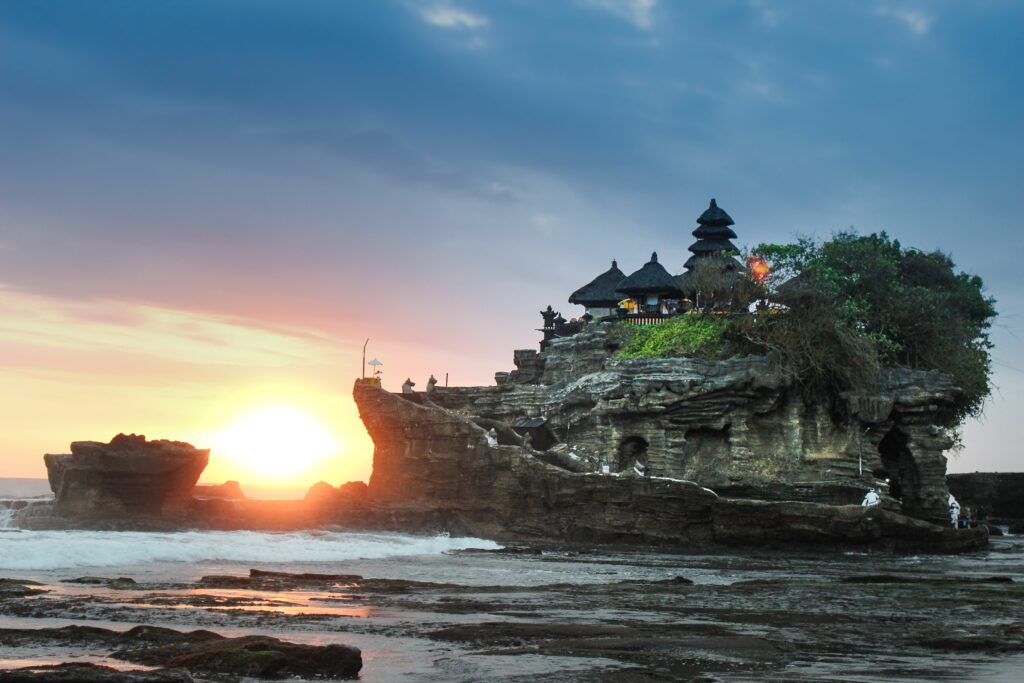Queer Tourists at Risk After New Sex Ban Passes in Indonesia
Bali Governor Wayan Koster insists that visitors should not worry about a controversial ban on sex outside marriage. His position comes after the Indonesian Parliament unanimously voted last week for the sex ban, part of a larger overhaul of the country’s criminal code making extramarital sex punishable by a year in jail.
Couples who are not married but live together could be jailed for six months or fined 10 million rupiahs or $956. The penalties apply to everyone in Indonesia, including tourists.
Bali is a predominantly Hindu island in the world’s most populous Muslim-majority nation, but Governor Koster dismissed concerns that Indonesia’s criminal code will halt the recovery of the resort island’s lucrative tourism industry. And in a statement on Sunday, he explained that people can only be prosecuted for sex outside the marriage following a complaint by a parent, spouse, or child.



LGBTQ+ tourists visit places in Indonesia like Bali, so what does this sex ban mean for us? Tim Lindsey, director of the Center for Indonesian Law, Islam, and Society at the University of Melbourne told the New York Times: It is a very significant encroachment on rights and liberties in Indonesia.” However, he said it is unlikely foreigners will be prosecuted, however, “gay and lesbian Indonesians, who, of course, are a couple and they can’t be married, they are completely exposed.”
The United Nations, human rights groups, and press freedom advocates have criticized the code, arguing it violates basic human rights and will disproportionately harm women, religious minorities, and LGBTQ people.
Recently in Bali, Phil Robertson, deputy Asia director for Human Rights Watch, tweeted his beliefs on the impact of the sex ban. “Passage of #Indonesia’s rights abusing criminal code that outlaws sex out of wedlock will blow up #Bali’s tourism industry is what I’m hearing at the resort where I’m staying for a just completed conference. Why is [President Joko Widodo] & his government trying to ruin the country’s tourism?”
In a Star Observer article (an LGBTQ+ publication in Australia), Maulana Yusran, the deputy chief of the Indonesian tourism industry board said the new law is “totally counter-productive” and explained that “hotels or any accommodation facilities are like second homes for tourists. With the ratification of this criminal code, hotels are now problematic places.”
According to the Indonesia Institute, more than 1.23 million Australians visited the Indonesia province of Bali in 2019. And now Australia wants clarity about how its citizens will be affected.
The change to the criminal code – which also includes a ban on staging protests without approval and a ban on insulting the president or state institutions – will go into effect in three years.




